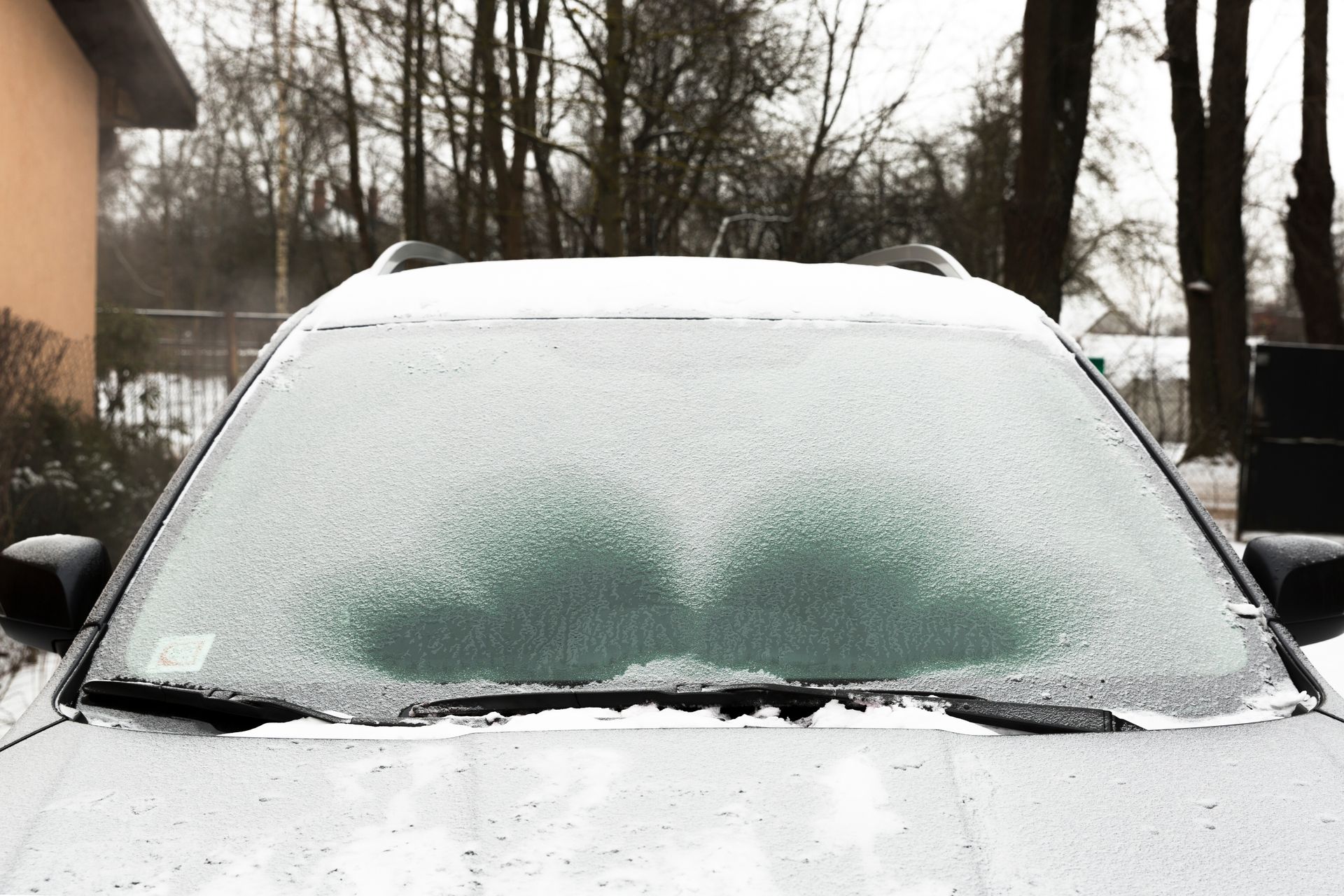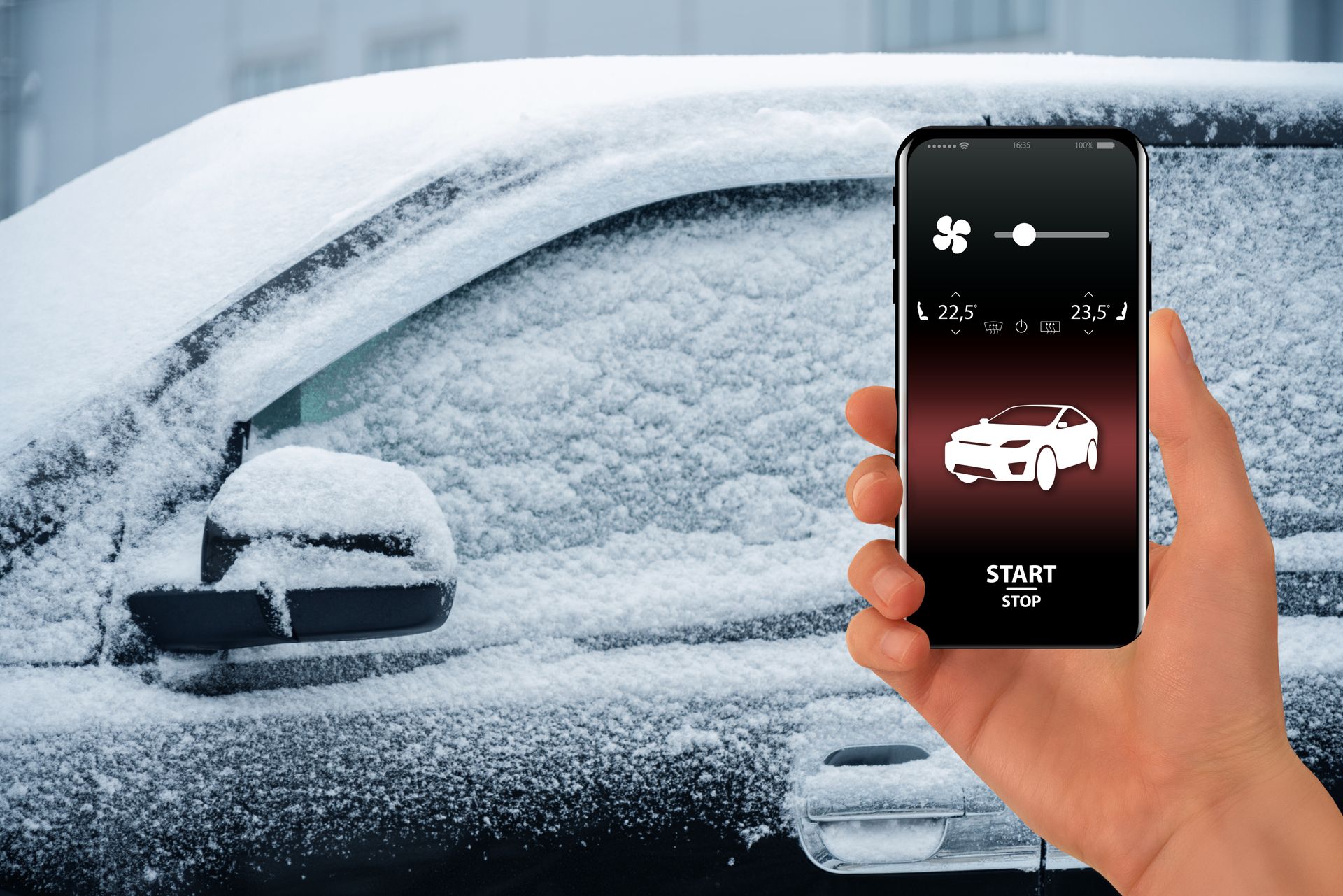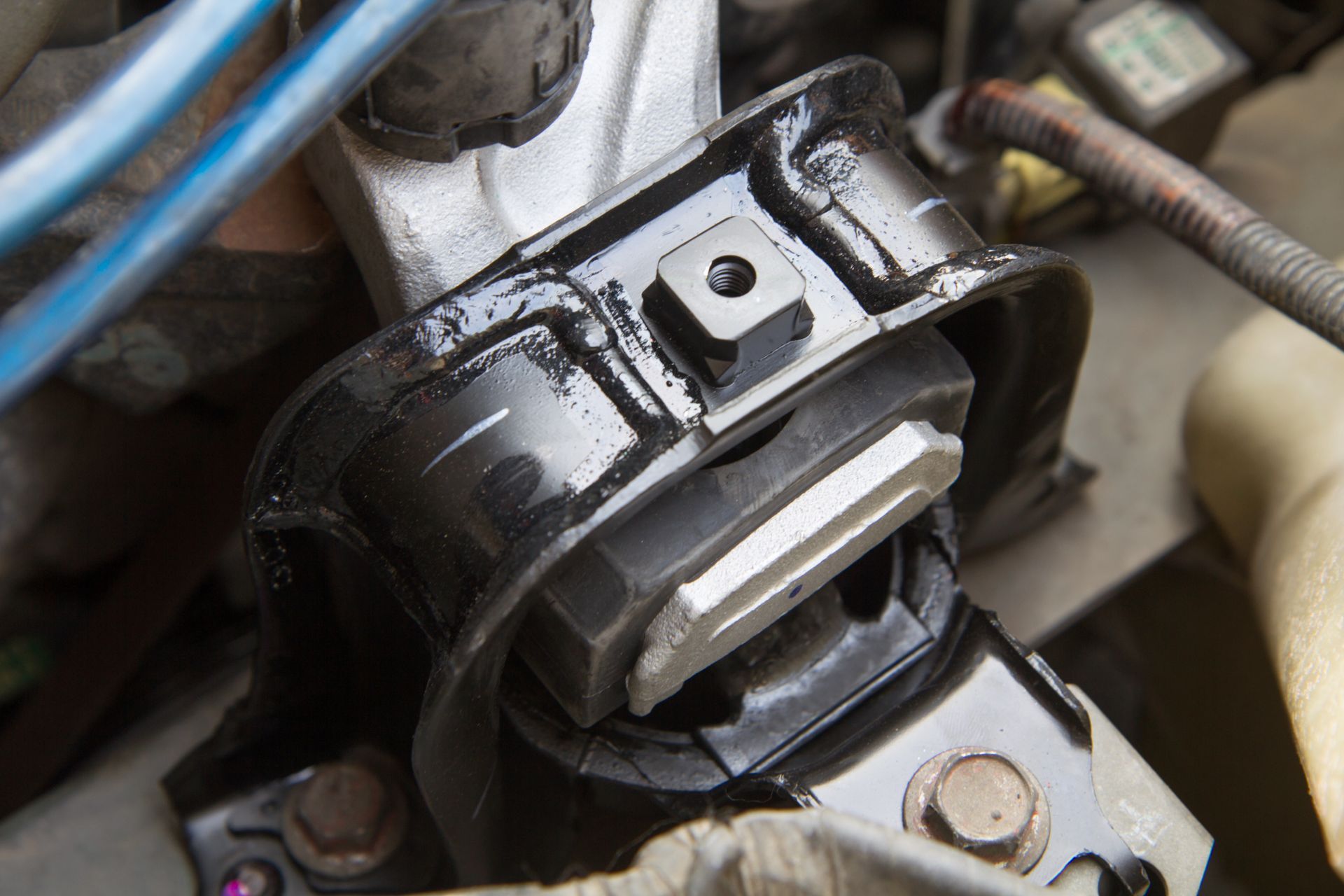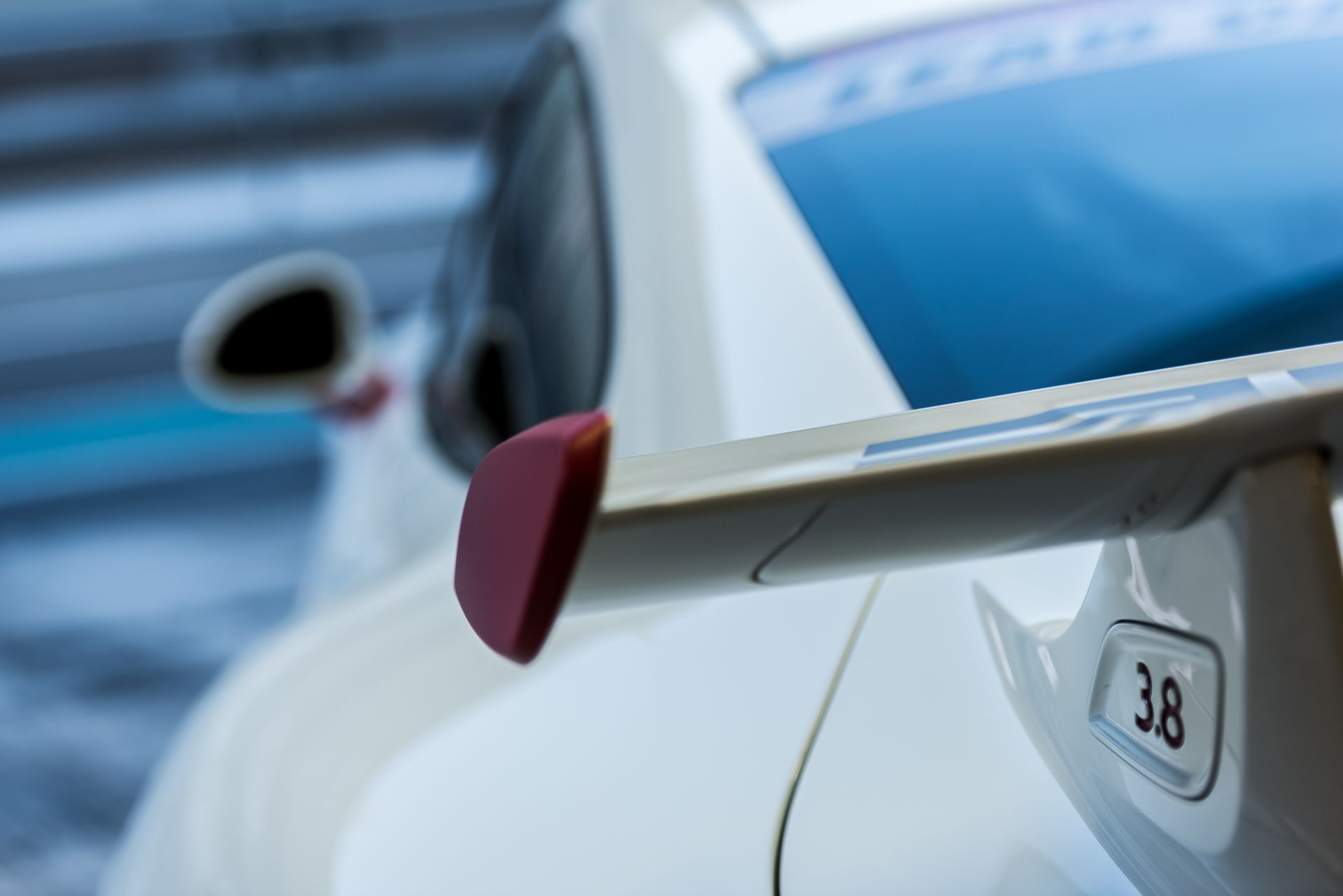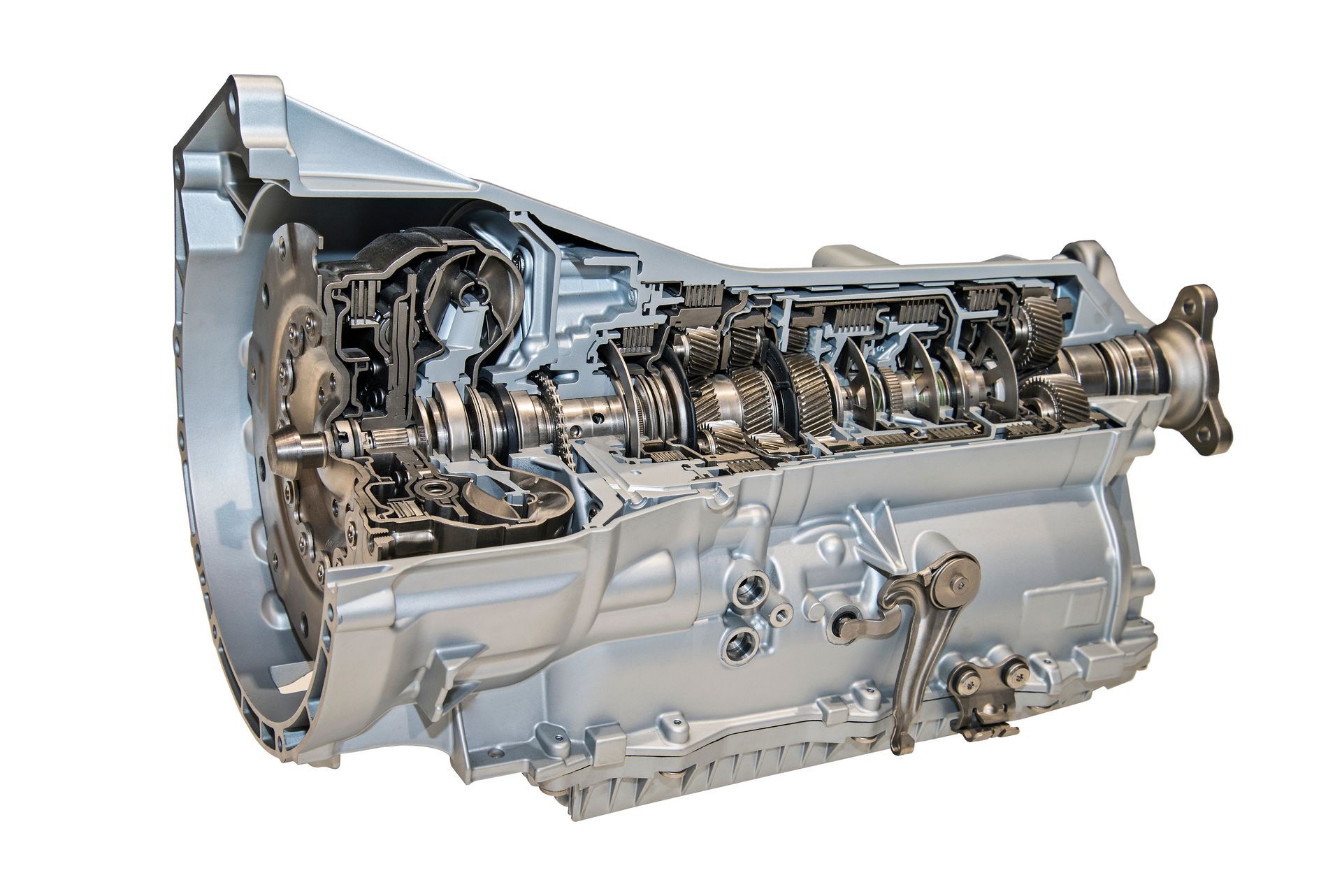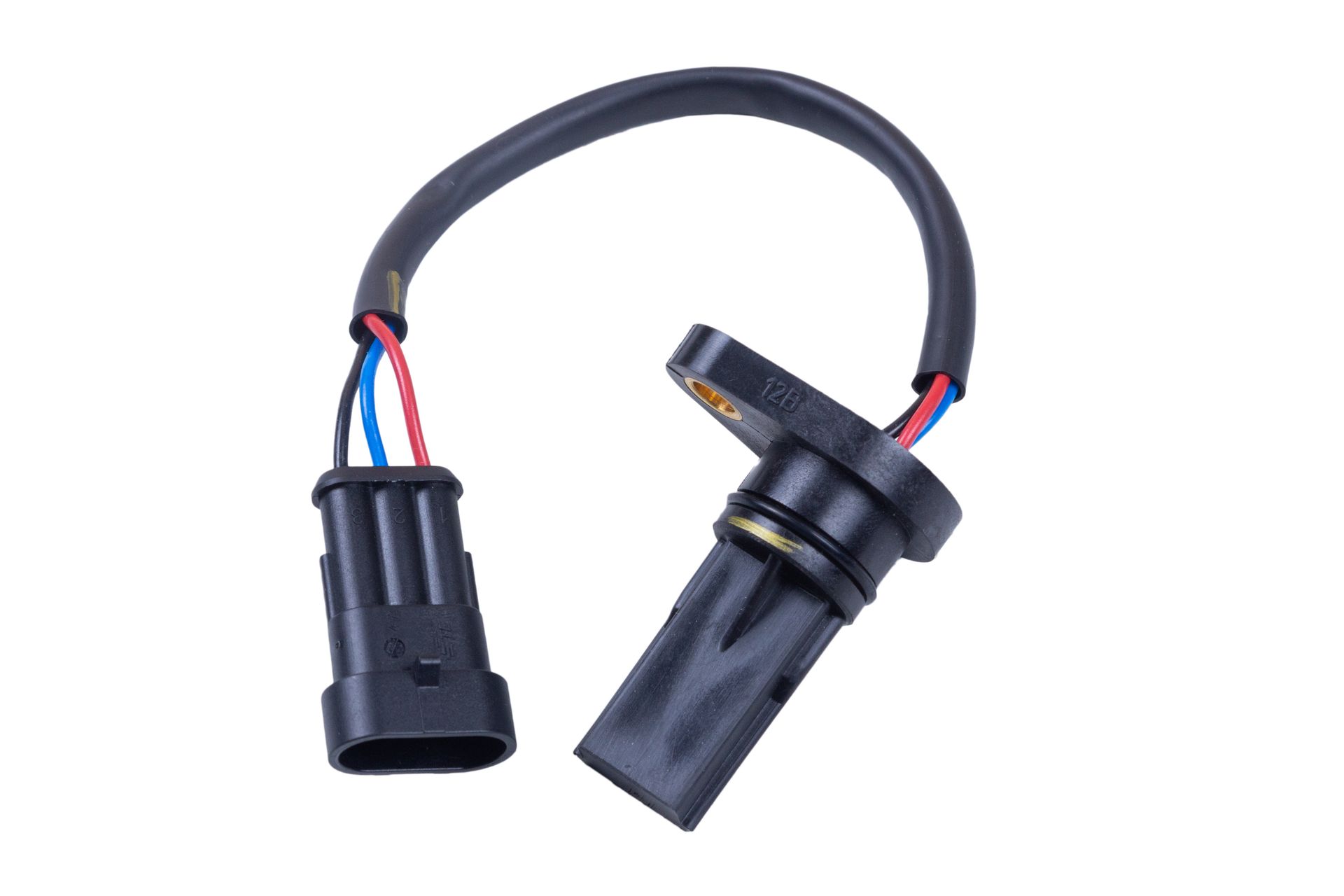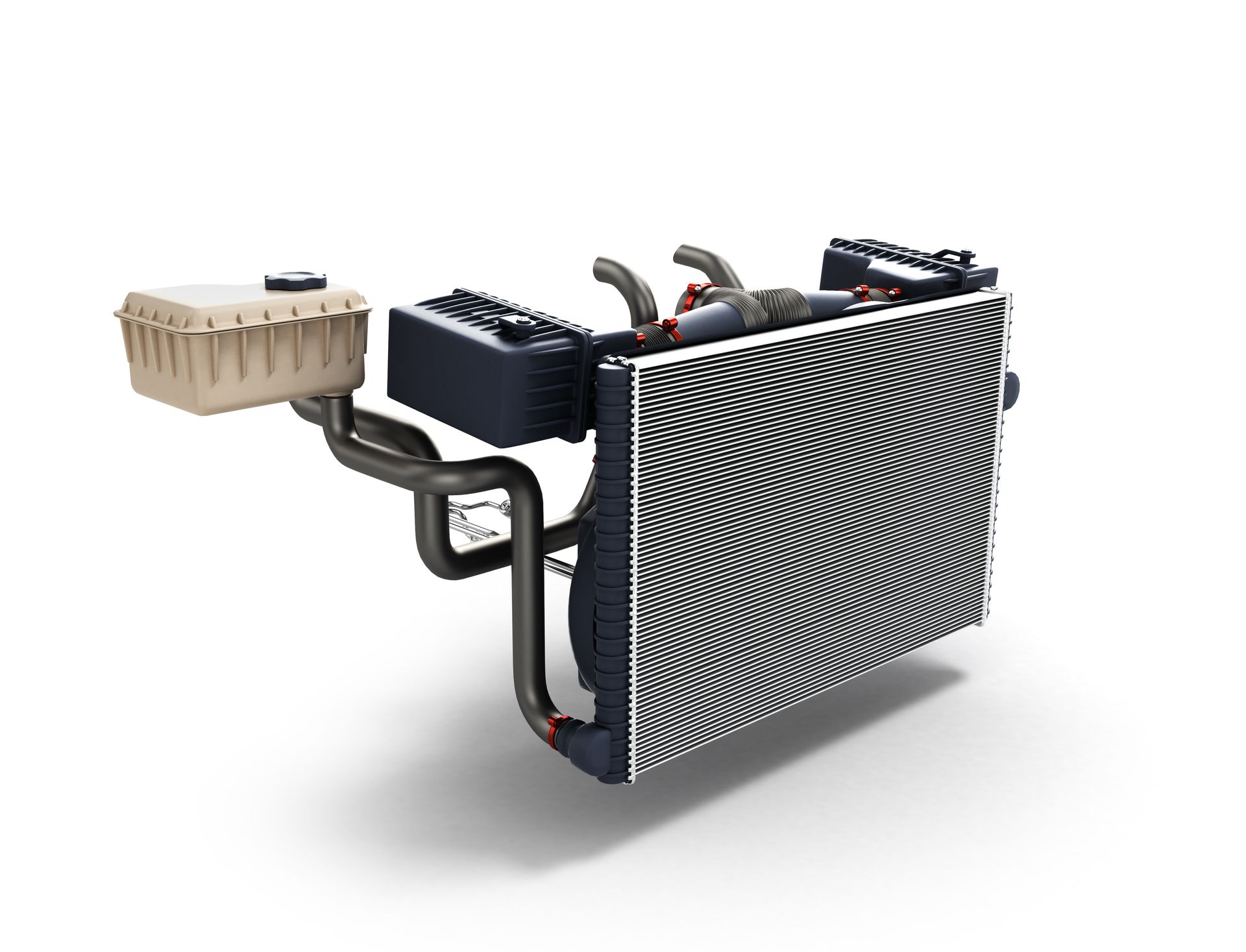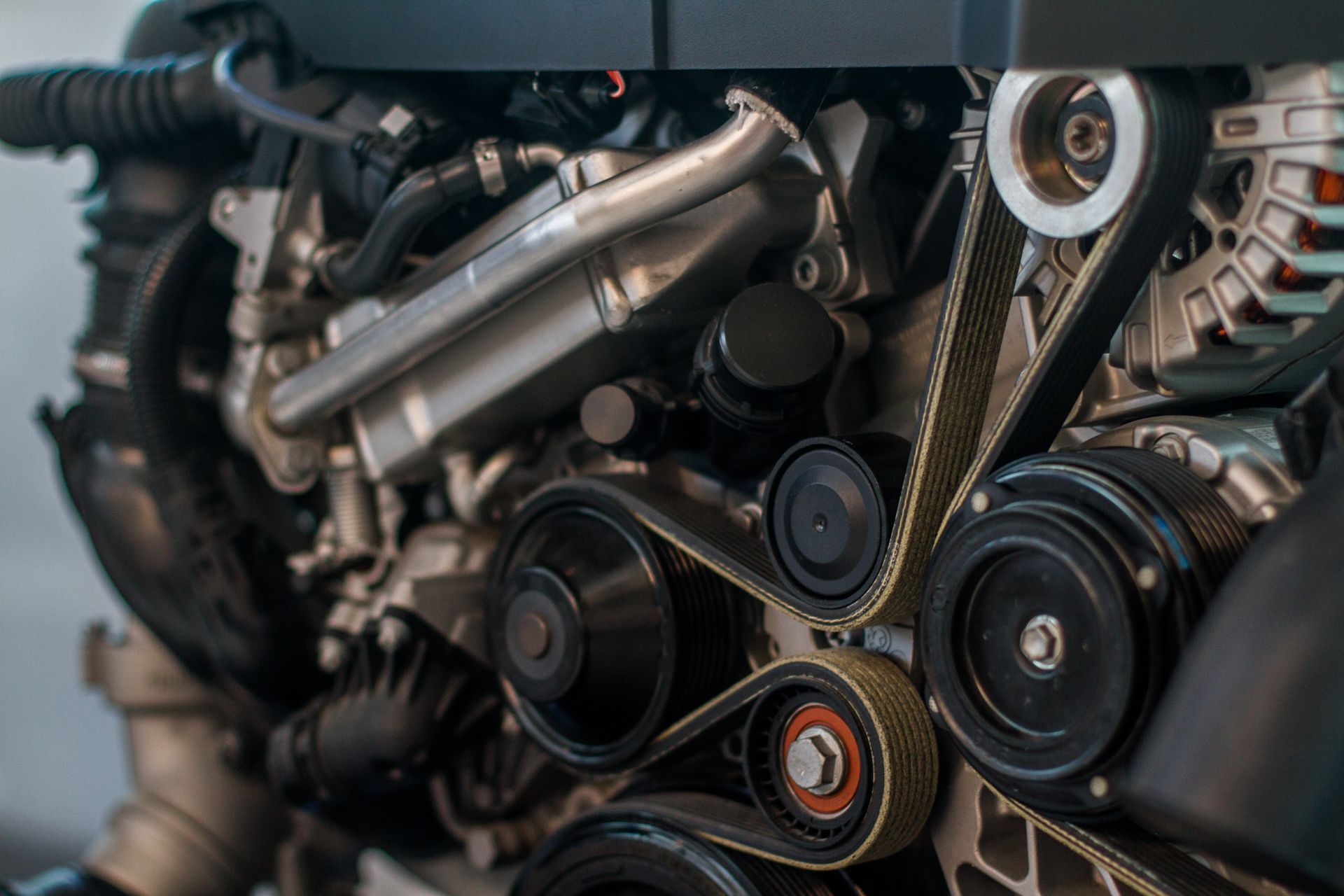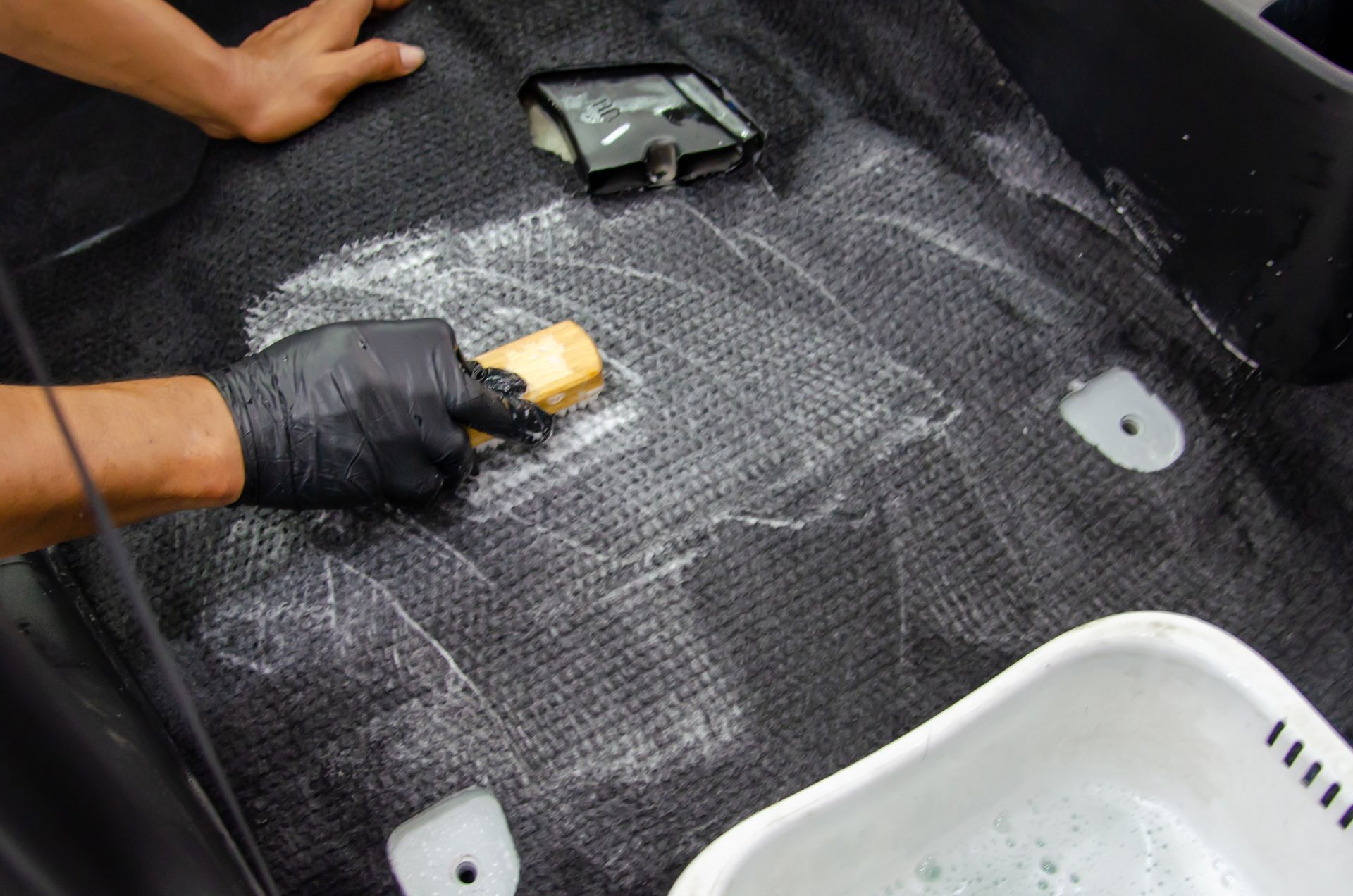Bringing your pets along on a road trip can make the journey more enjoyable, but it also comes with a few important safety considerations. Whether heading into the mountains or crossing through rural stretches of British Columbia, traveling with animals requires preparation for their safety and your own peace of mind.
While many pets are comfortable in the car, long drives introduce new risks like heat exposure, distractions, dehydration, and travel anxiety. Making sure your vehicle is properly prepared and your furry companions are secure can prevent avoidable stress and emergencies along the way.
Use Restraints or Travel Carriers to Keep Pets Secure
One of the most important things you can do is keep your pets restrained while the car is in motion. A loose dog or cat can quickly become a distraction, jump into your lap, or interfere with driving controls. In an accident, an unrestrained pet is also at much greater risk of injury, and could even injure passengers if thrown around the cabin.
Use a crash-tested harness that attaches to the seatbelt or a secured travel crate that offers enough room for your pet to stand, turn around, and lie down. Larger dogs may be more comfortable in the cargo area of an SUV, provided it’s fitted with a sturdy barrier to prevent them from jumping into the back seat.
Plan for Frequent Stops and Exercise
Pets need breaks just like people do. Long stretches in a confined space can lead to anxiety, discomfort, or even health issues. Stop every couple of hours to give your pet a chance to stretch, hydrate, and relieve itself. Choose rest areas or pet-friendly parks along your route where they can move around safely.
Keep in mind that not all roadside areas are ideal for animals. Make sure the ground isn’t too hot for their paws, and avoid letting them wander near traffic or unfamiliar plants that could be harmful.
Keep Your Car Cool and Well-Ventilated
Temperature control is critical, especially during the summer or in areas with little shade. Never leave pets alone in a parked car, even with the windows cracked. Interior temperatures can rise quickly, putting your animal at risk of heatstroke.
Use your vehicle’s air conditioning consistently and make sure airflow reaches the back seat or cargo area where your pet is riding. Sunshades and cooling mats can help keep the interior comfortable, especially on sunny days.
Pack a Travel Kit With Essentials
Having a dedicated pet travel kit makes your road trip smoother. Include food, water, bowls, medications, waste bags, a leash, and familiar items like toys or a blanket. These familiar scents help ease anxiety and provide comfort in new surroundings.
Keep water accessible during the drive, especially for longer trips. Collapsible bowls are great for travel and easy to stow when not in use. If your pet is prone to motion sickness, talk to your vet ahead of time about possible remedies or medications that can help.
Watch for Signs of Stress or Illness
Not all pets love the road, and even those who do can start to show signs of stress during a long journey. Watch for heavy panting, drooling, pacing, or whining. Cats may vocalize more or try to hide in tight spaces if they feel overwhelmed.
If your pet refuses to eat, becomes unusually quiet, or shows any signs of illness, it’s worth pulling over to give them a break and check in. Knowing where the nearest vet is located along your route could be important in more serious cases.
Silvhorn Automotive – Helping Pemberton Drivers Travel Safely With Pets
Before heading out on a summer road trip with your four-legged friend, make sure your vehicle is up to the task. At Silvhorn Automotive in Pemberton, we can inspect your cooling system, air conditioning, tires, and more to ensure your trip is safe and comfortable for both you and your pet.
Book your pre-trip checkup today and drive with peace of mind. Schedule your visit now.


